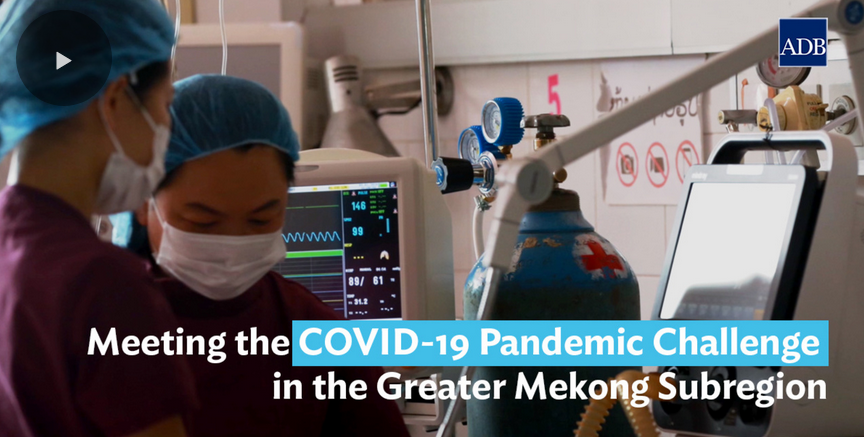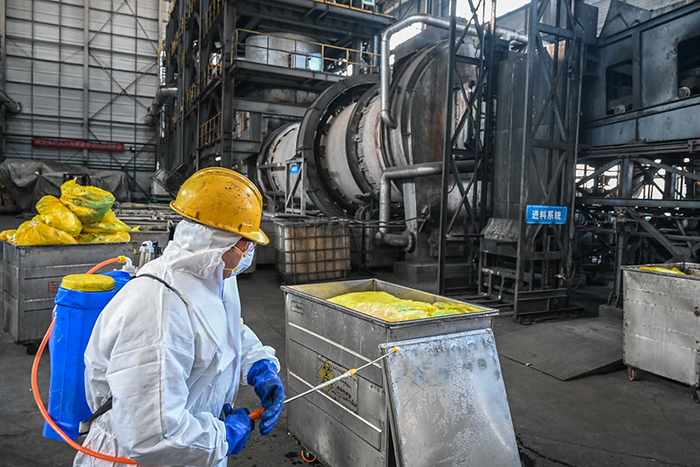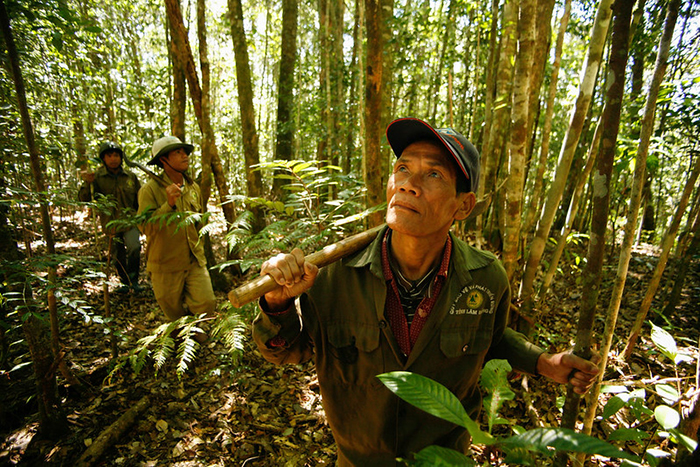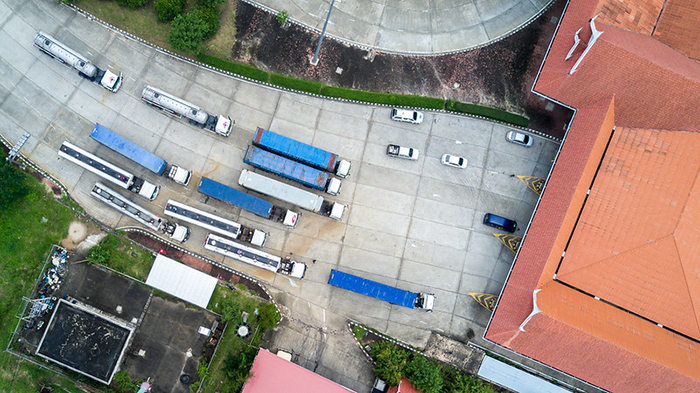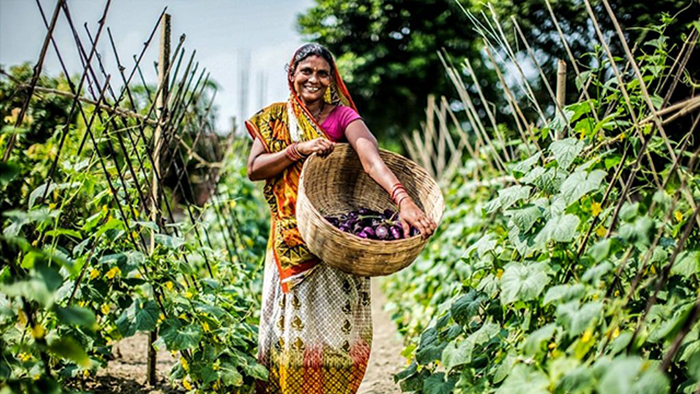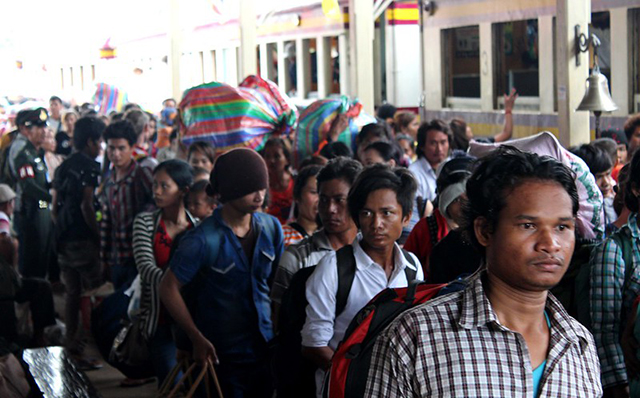Dialogue on Labor Migration in the Greater Mekong Subregion
The Asian Development Bank (ADB) and the International Organization for Migration (IOM) held a joint virtual dialogue on Labor Migration in the Greater Mekong Subregion (GMS) on 8 September 2020, with the aim of strengthening cooperation through enhanced labor migration management.

